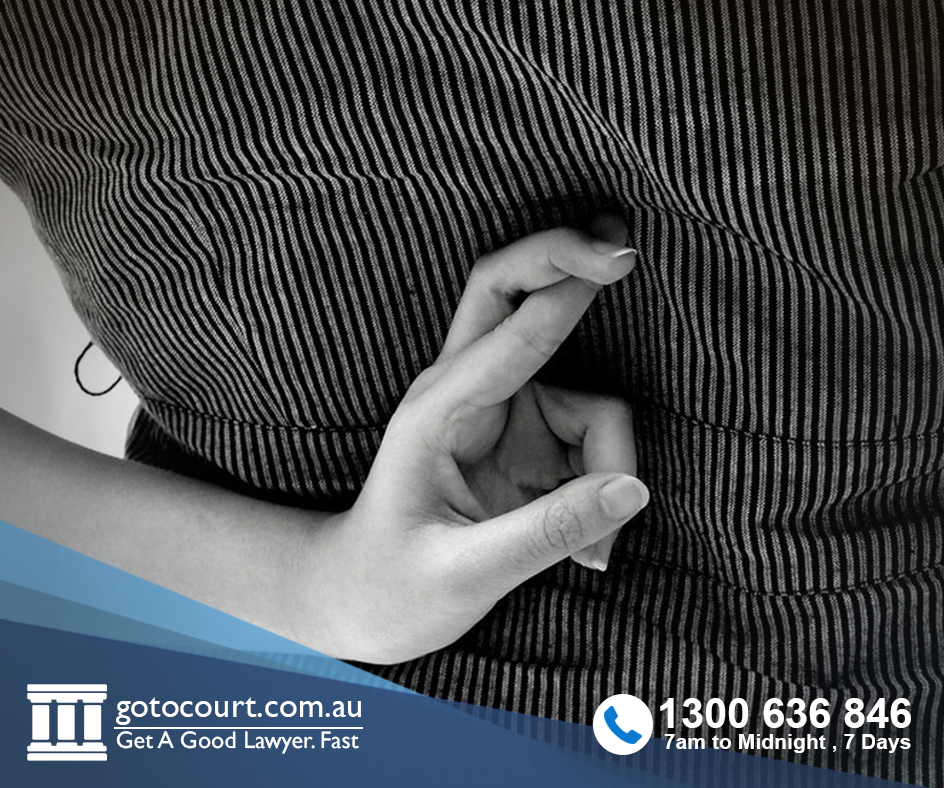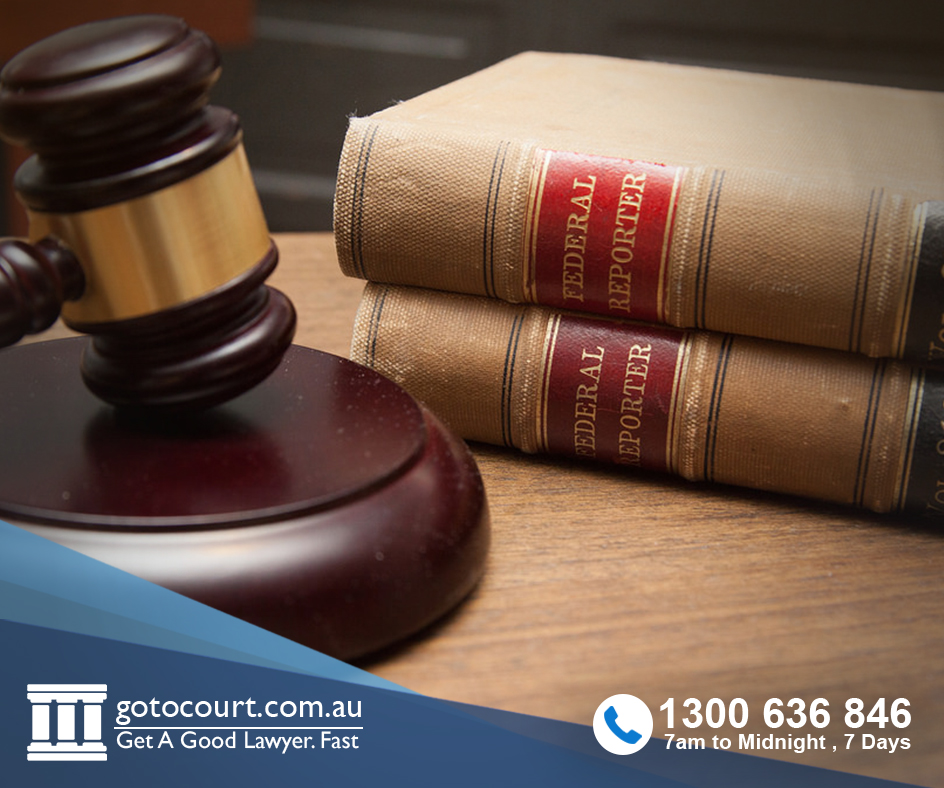Call our lawyers
now
or,
have our lawyers
call you
Fingerprints and the Law (Vic)
Updated on Dec 08, 2022 • 5 min read • 449 views • Copy Link
Fingerprints and the Law (Vic)
Victorian police have extensive powers when it comes to taking fingerprints from suspects. The procedures that must be followed depend on the age of the suspect involved. The laws surrounding fingerprinting are contained in the Crimes Act 1958.
When can police take fingerprints?
Generally speaking, the police have the power to obtain the fingerprints of not only adults but also children aged 15 and under. This can occur when police have reasonable grounds that the individual in question has committed, been charged with or been summonsed to answer a charge for which the maximum penalty is a term of imprisonment or with certain other offences that do not attract imprisonment.
How are fingerprints taken?
Police may take fingerprints by means of any prescribed device for recording fingerprints. It is most commonly done by using a finger scanner. Fingerprints are kept on the secure Victoria Police database.
Individuals are usually accompanied by a police officer of the same sex (if it is practicable to do so) to undertake the fingerprinting process. The process generally does not take longer than 10-15 minutes. The process consists of the individual scanning each of their fingers on the machine, as well as the full palm and “writers palm” for each hand.
It is important to note that under the Crimes Act 1958, police can use reasonable force in order to obtain fingerprints of an individual, if the individual does not comply or consent to providing the fingerprints.
Age limits for fingerprinting
The suspect’s age will determine how the police must go about obtaining the fingerprints of the individual.
Children under 10
Currently in Australia and pursuant to the Children, Youth and Families Act 2005, children under the age of 10 cannot commit a criminal offence and therefore cannot have their fingerprints taken by police. This is applicable even if the child is suspected of having done something which would be an offence if done by someone over the age of 10.
Children aged 10 – 15
Police have the power to take fingerprints from a child between the ages of 10 and 15 if:
- The child is believed to have committed an offence;
- The child has been charged with an offence;
- The child has been summoned to answer a charge for an offence.
However, when taking fingerprints from children under 15, additional procedures must be followed. Firstly, Victoria Police must obtain the consent of both the child and a parent or guardian. If consent is refused, an application can be made to the Children’s Court for an order requiring the fingerprints to be taken.
Should consent be given by all parties, the police officer must inform both the child and the parent of:
- The purpose of taking the fingerprints;
- The offence which the child is believed to have committed; and
- That if the child is not charged with a relevant offence within six months, the charge does not proceed, or the child is found not guilty, the fingerprints will be destroyed.
The information provided to the child and parent must either be audio or video recorded or presented in writing and signed by the child and the parent or guardian. The parent or guardian must be present during the whole process of the taking of the fingerprints of the child.
Children aged 15 and above
When police fingerprint individuals aged 15 and above, much of the same process applies. However, for children over 15 consent does not need to be obtained by either the individual or a parent or guardian.
Fingerprints will be required to be taken from a child over 15 if:
- The child is believed to have committed an offence;
- The child has been charged with an offence;
- The child has been summonsed to answer a charge for an offence.
The police will inform the child of the following information:
- The purpose for taking the fingerprints;
- The offence which the child is believed to have committed; and
- That if the child is not charged with a relevant offence within six months, that charge does not proceed, or the child is found not guilty, the fingerprints will be destroyed.
Once again, this process is either digitally recorded, or presented in writing and signed by the suspect.
Consent does not need to be obtained from the child to take his or her fingerprints and the police being able to use “reasonable” force in order to obtain your fingerprints.
Court ordered fingerprinting
If a child is required to undergo fingerprinting pursuant to the Crimes Act 1958 and such a request is refused by either the child, their parent or guardian or both, then the police can apply to the Children’s Court for an order to compel the production of fingerprints.
An application must be lodged with the court and served upon the parent/guardian of the child, detailing the particulars of the application.
The court will make an order for fingerprinting if satisfied on the balance of probabilities that:
- There are reasonable grounds to believe that the child has committed a scheduled offence; and
- That the making of the order is justified.
The order will allow the police to obtain the fingerprints without consent and use reasonable force in order to do so.
It is important to note that if a court orders the taking of fingerprints of a child, the taking of the fingerprints must be recorded by audio-visual recording (if possible), or otherwise, audio recorded.
Storage of fingerprints
Victoria Police will store your fingerprints on their secure database, should the fingerprints be required in the future.
If you are not charged with a relevant offence within six months of the fingerprints being taken, if the charge is not proceeded with or if you are found not guilty of the offence, then your fingerprints must be destroyed.
In certain circumstances Victoria Police can make an application to the court to extend to six month period, should circumstances dictate that this is necessary.
If you require legal advice or representation in a criminal law matter or in any other legal matter, please contact Go To Court Lawyers.


Affordable Lawyers
Our Go To Court Lawyers will assist you in all areas of law. We specialise in providing legal advice urgently – at the time when you need it most. If you need a lawyer right now, today, we can help you – no matter where you are in Australia.How It Works








1. You speak directly to a lawyer
When you call the Go To Court Legal Hotline, you will be connected directly to a lawyer, every time.


2. Get your legal situation assessed
We determine the best way forward in your legal matter, free of charge. If you want to go ahead and book a face-to-face appointment, we will connect you with a specialist in your local area.


3. We arrange everything as needed
If you want to go ahead and book a fact-to-face appointment, we will connect you with a specialist in your local area no matter where you are and even at very short notice.














